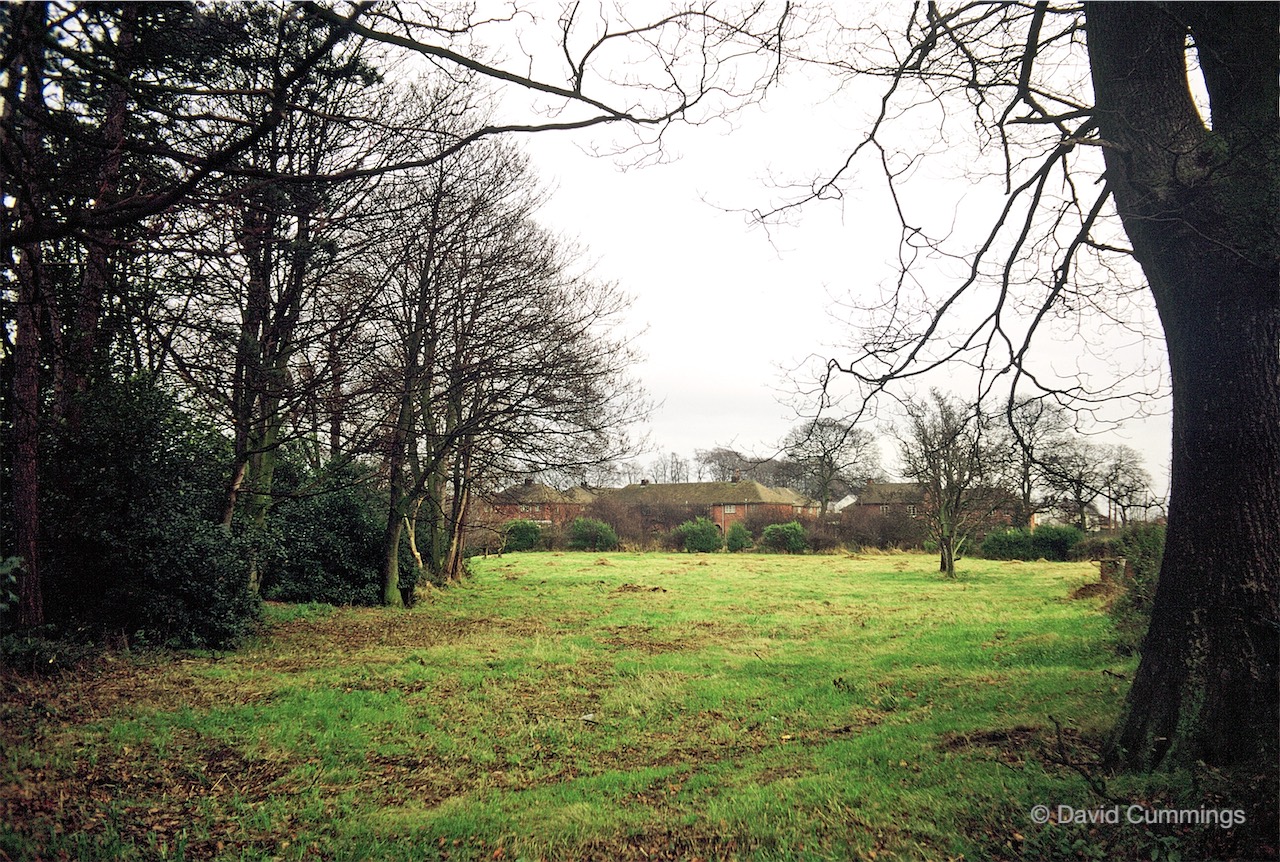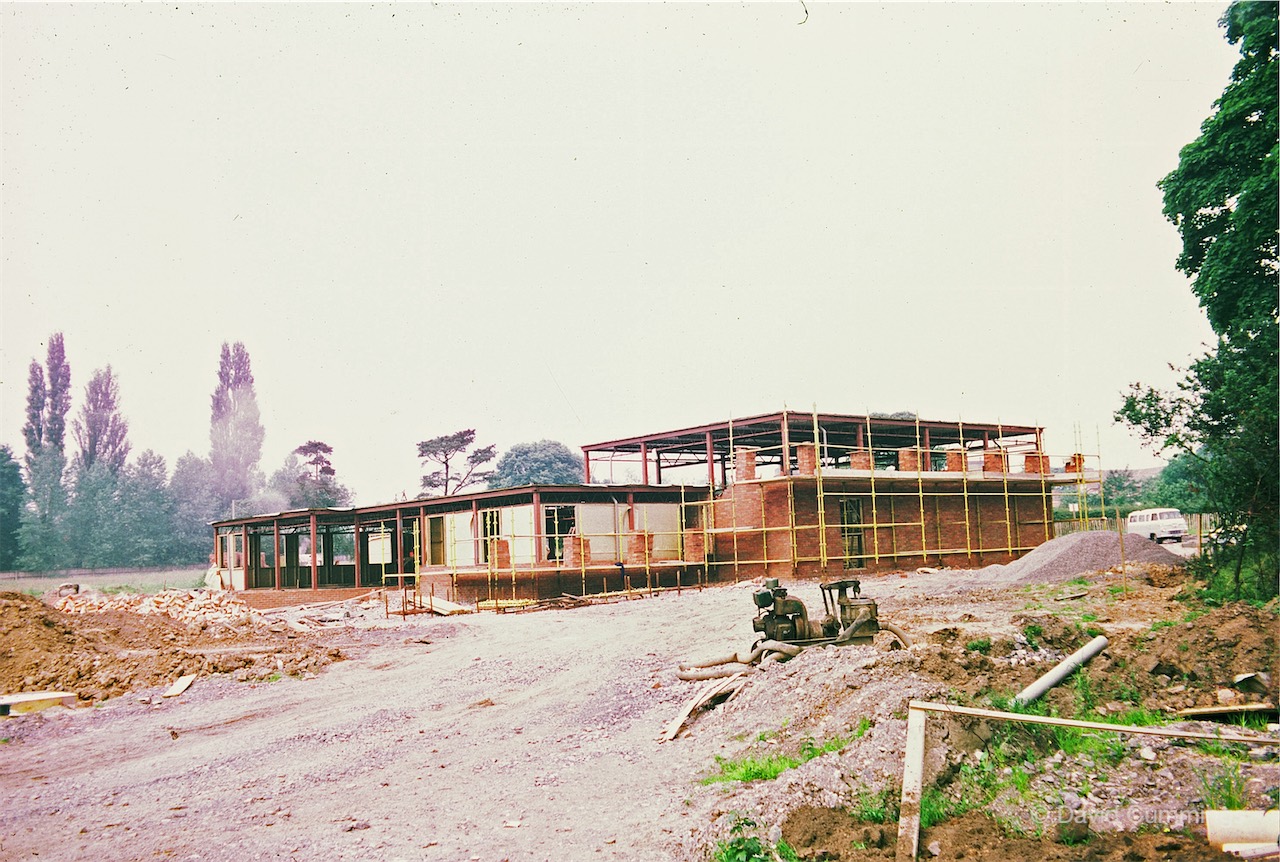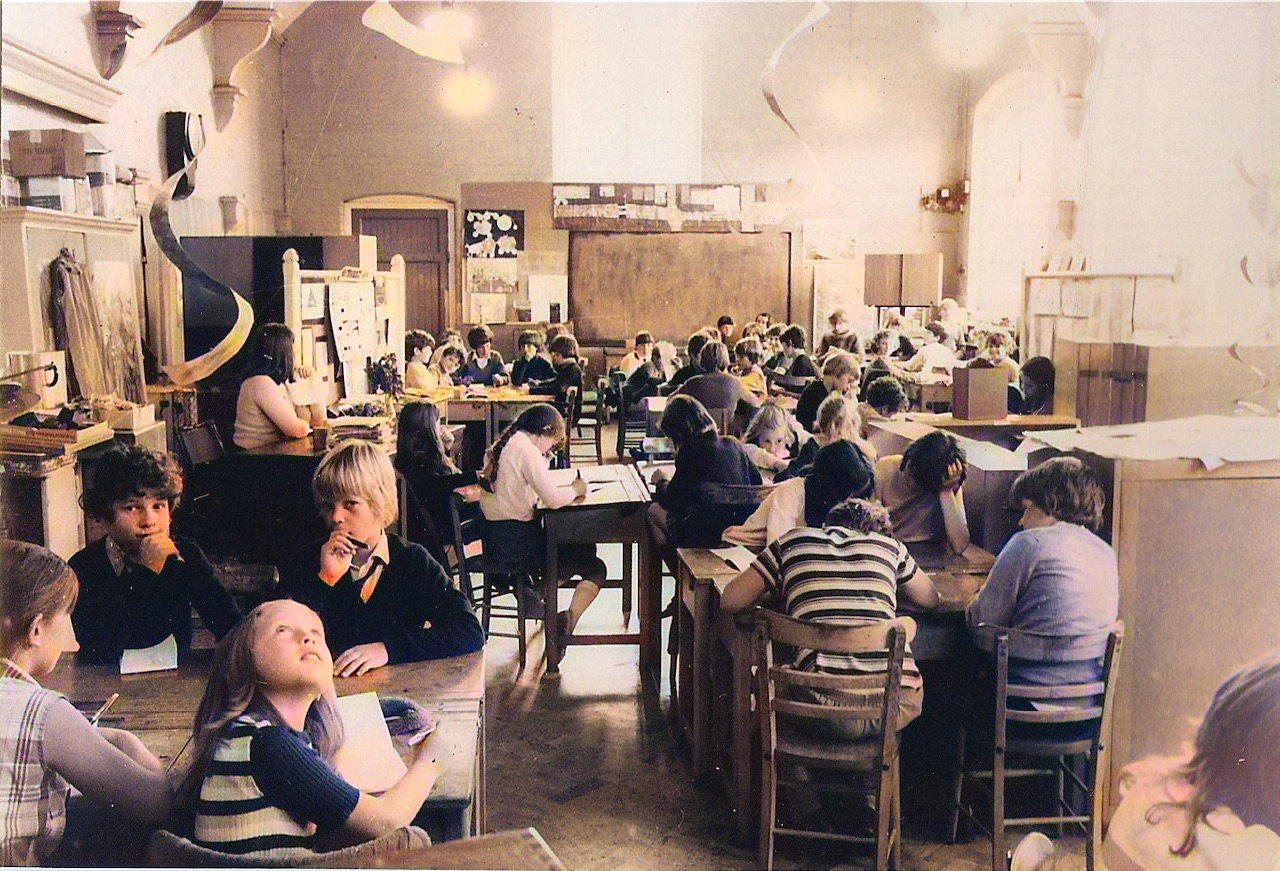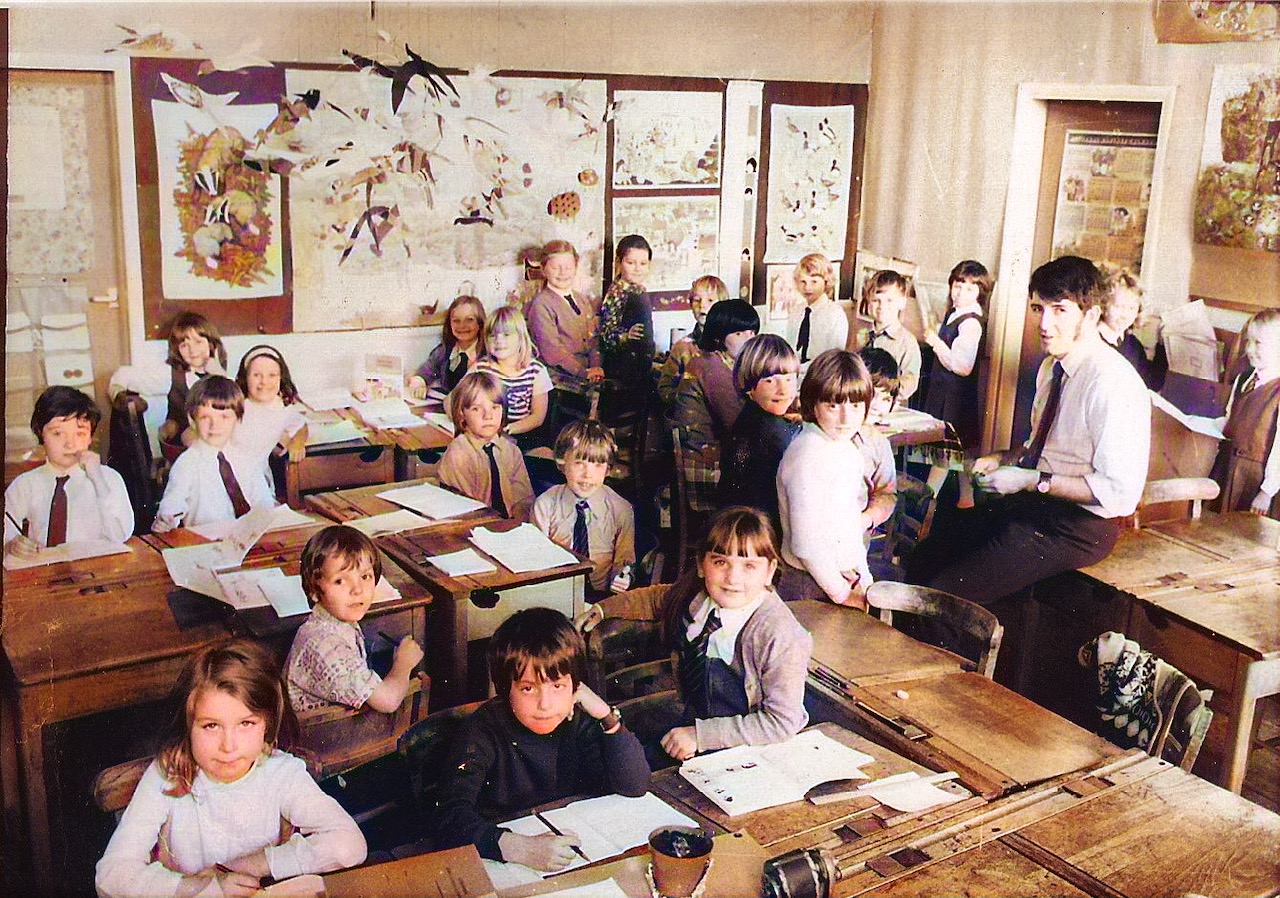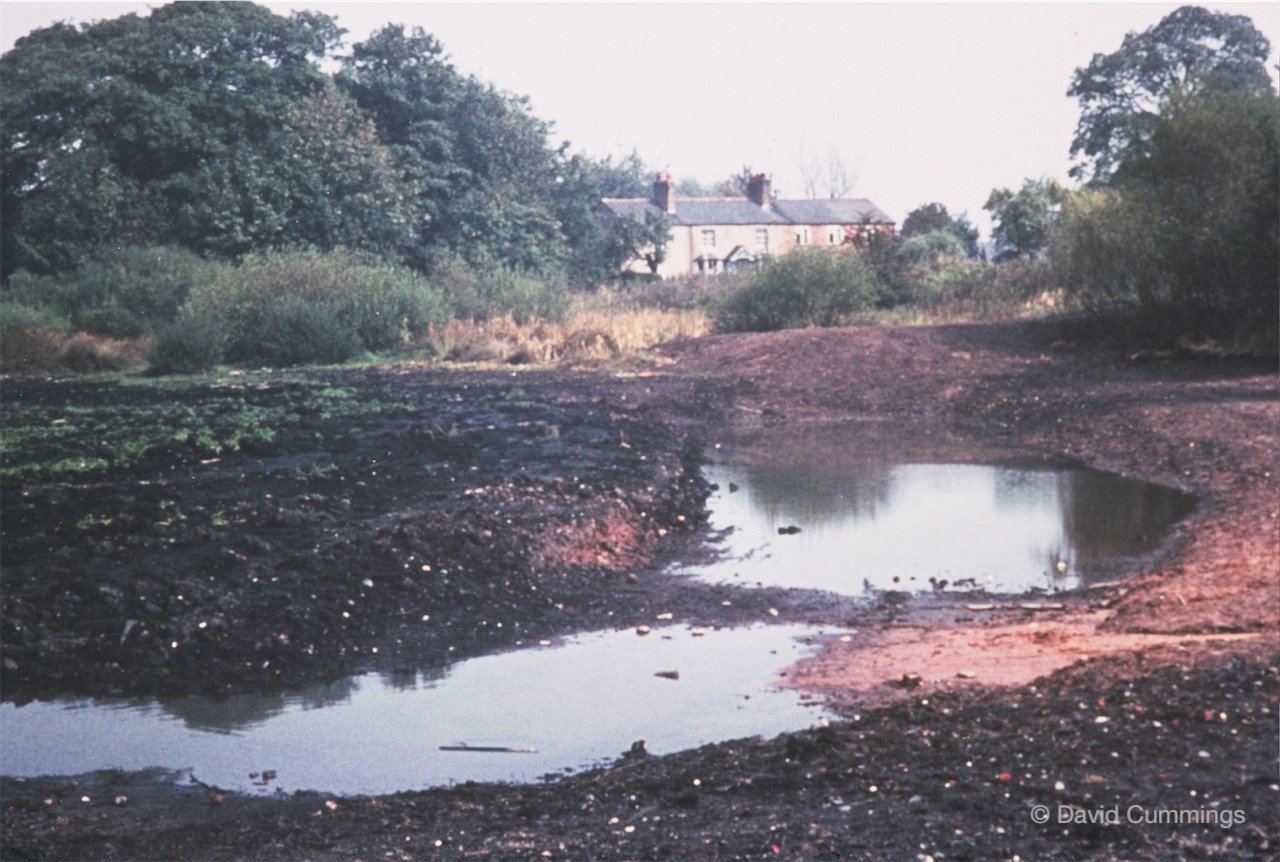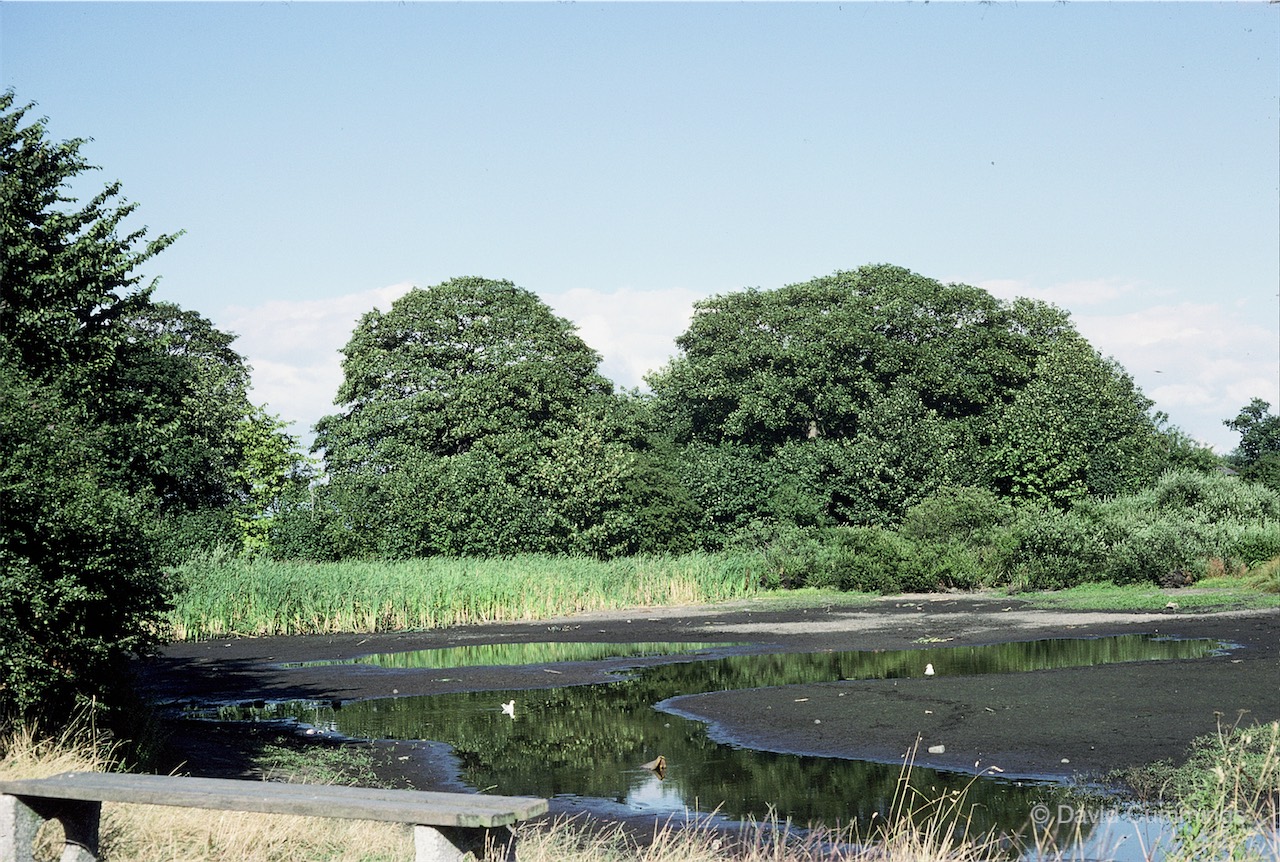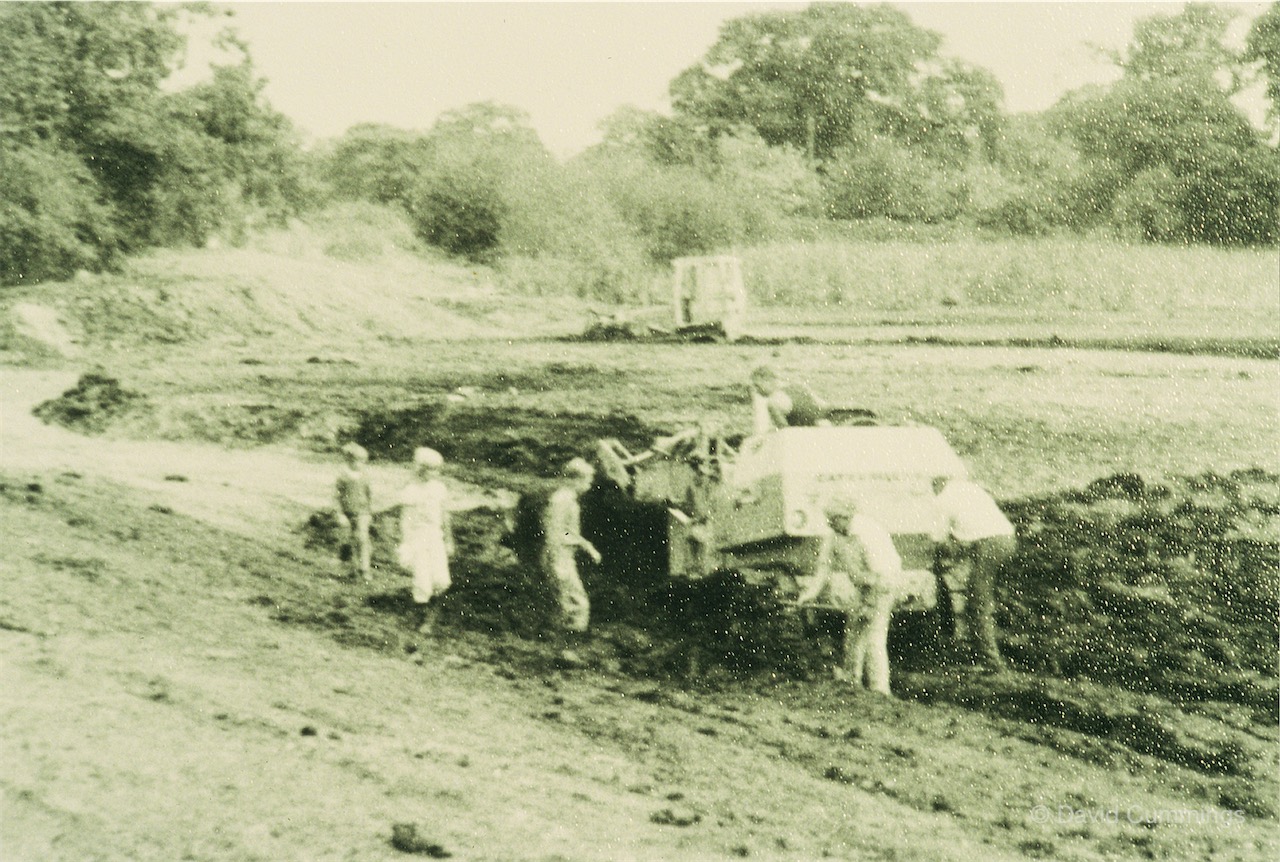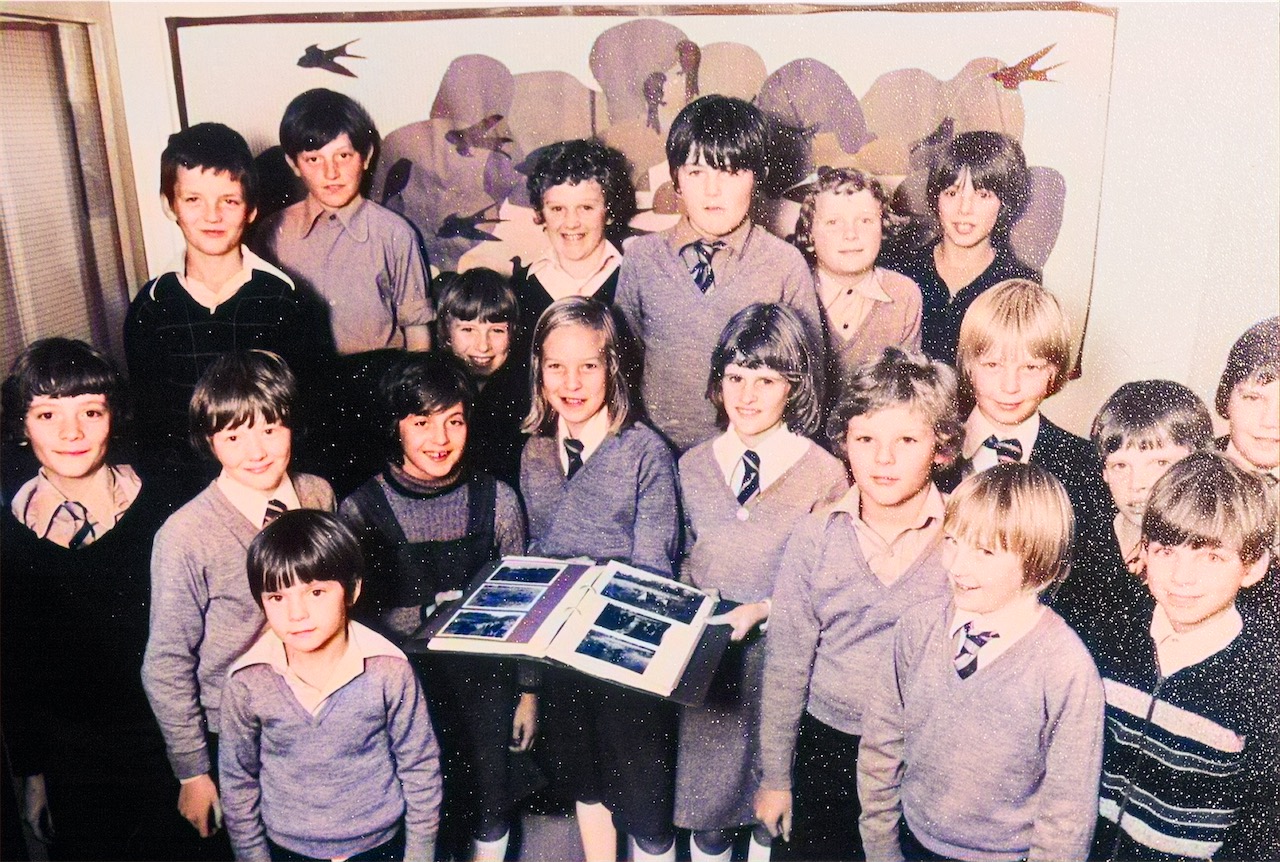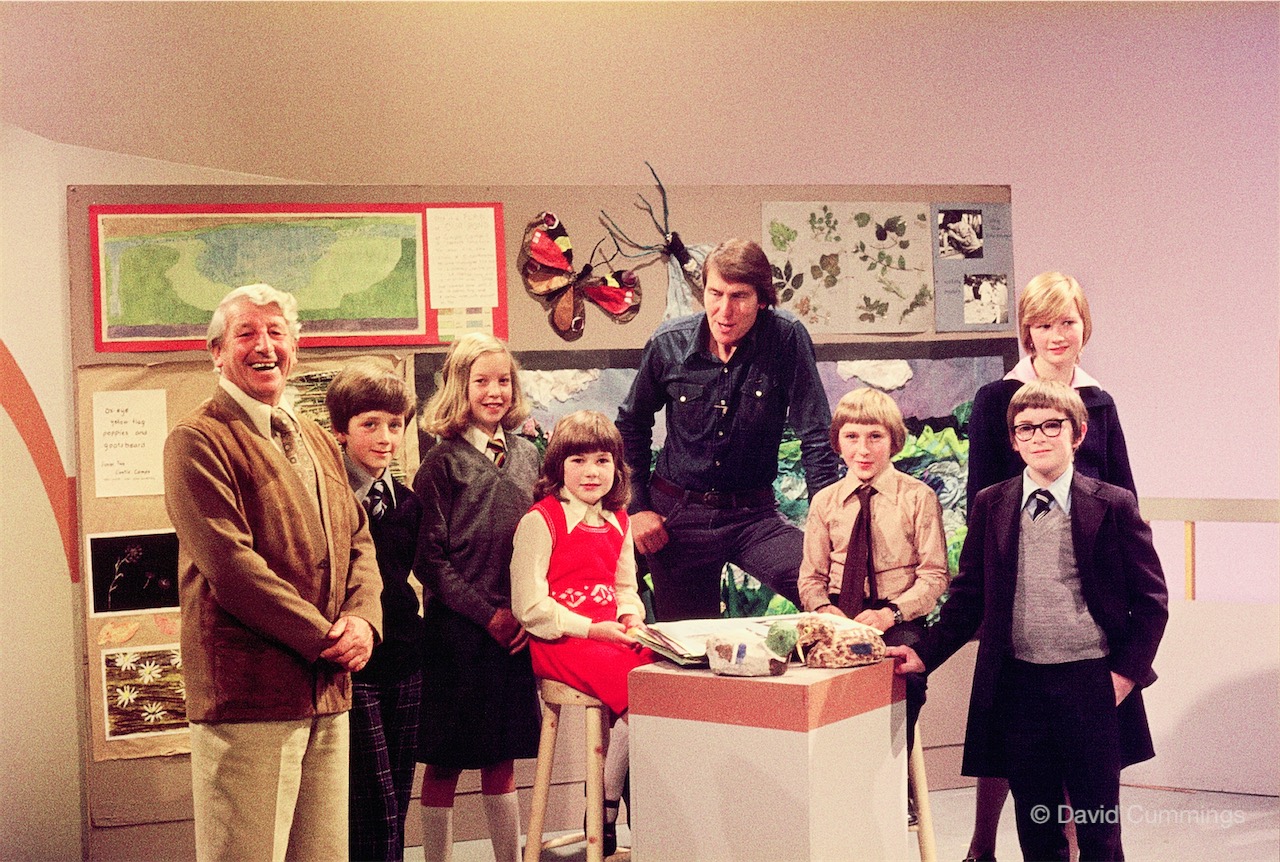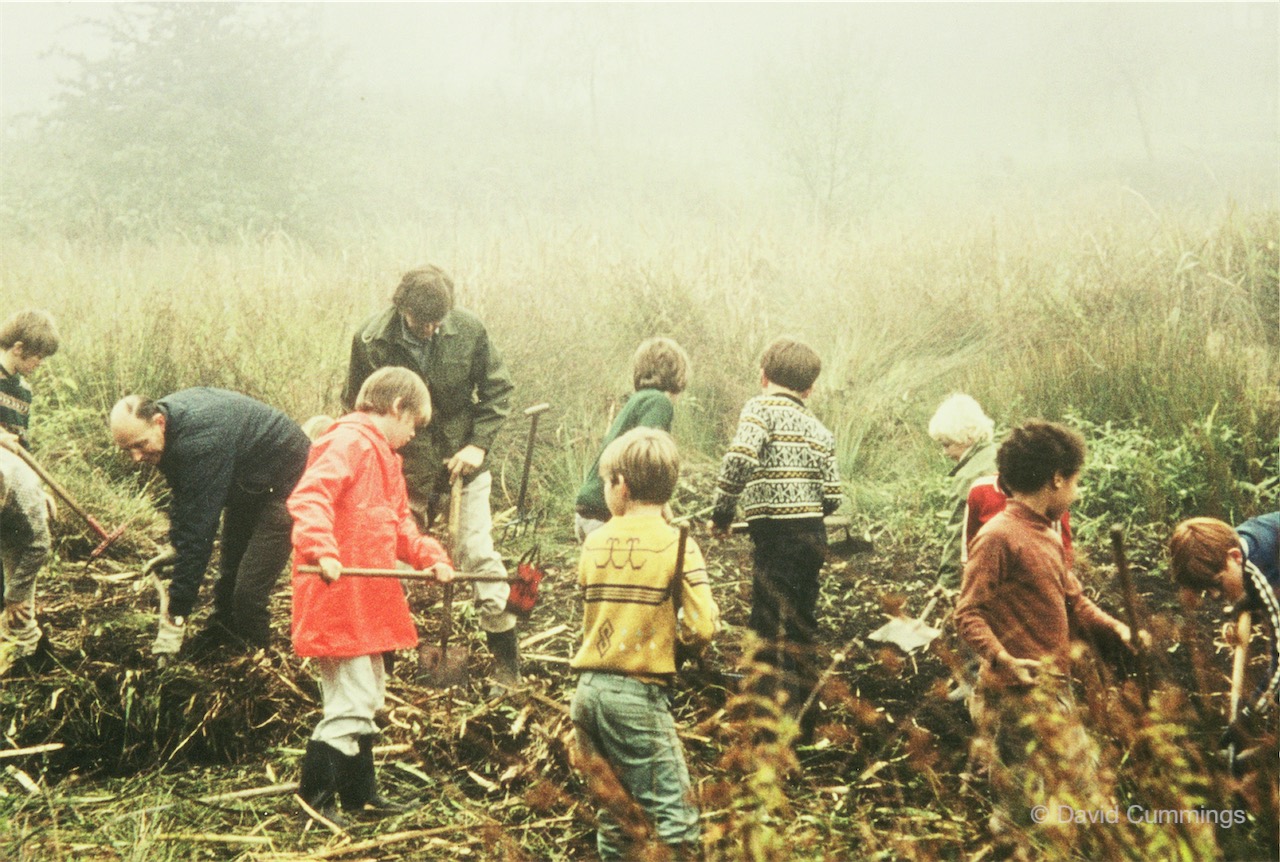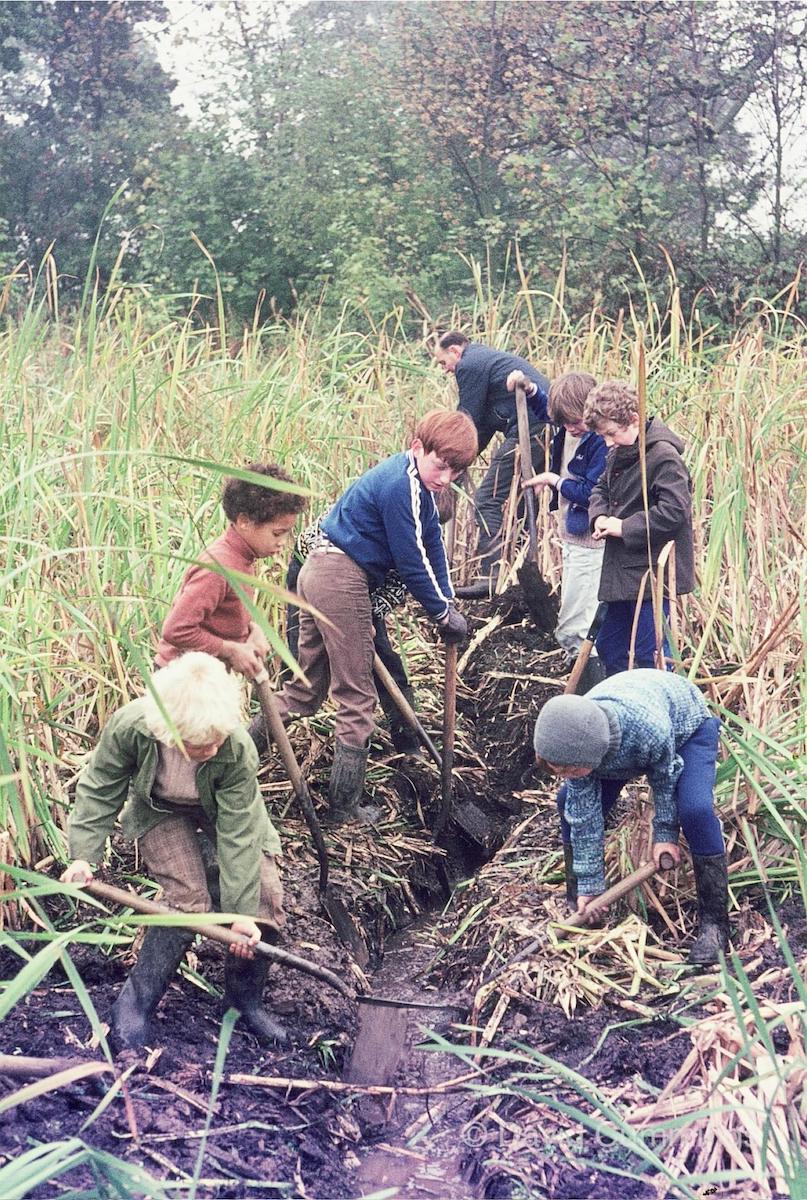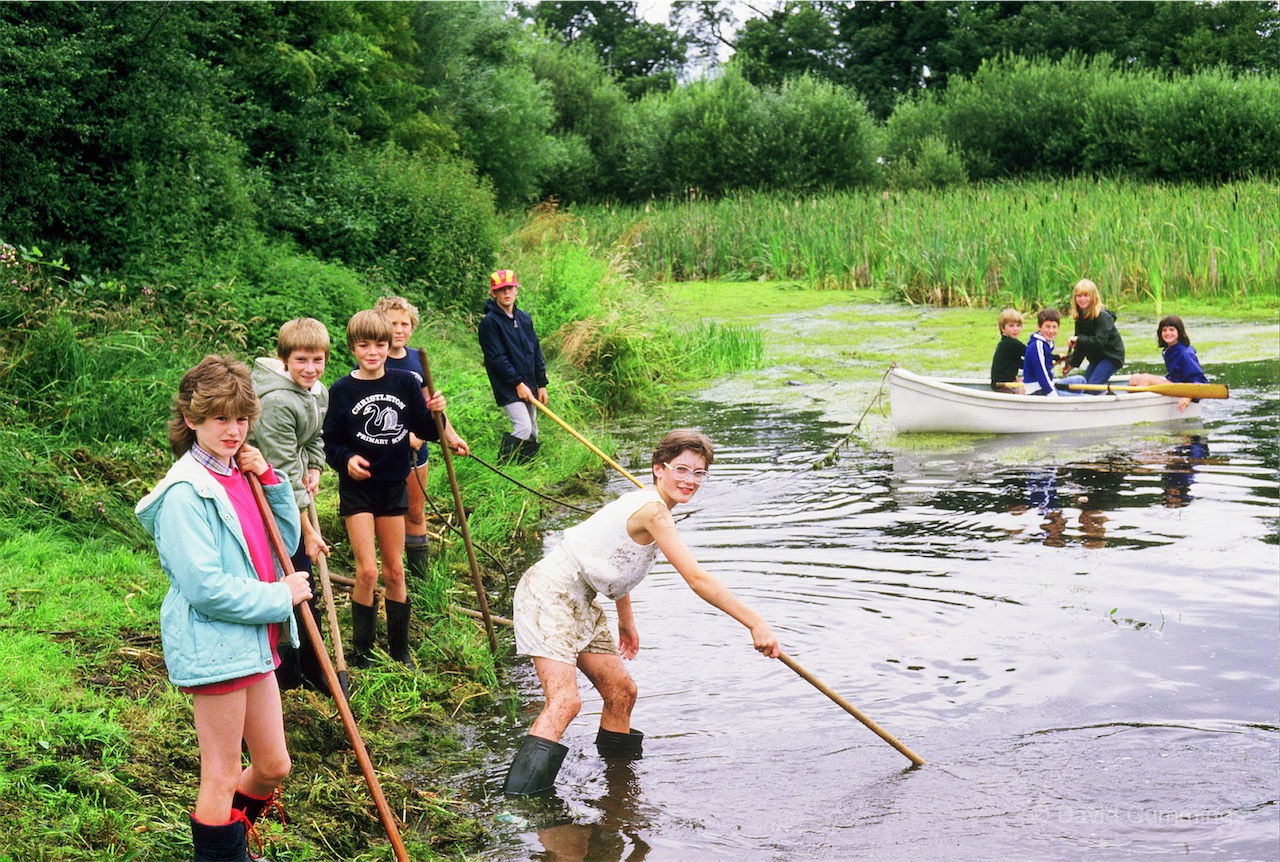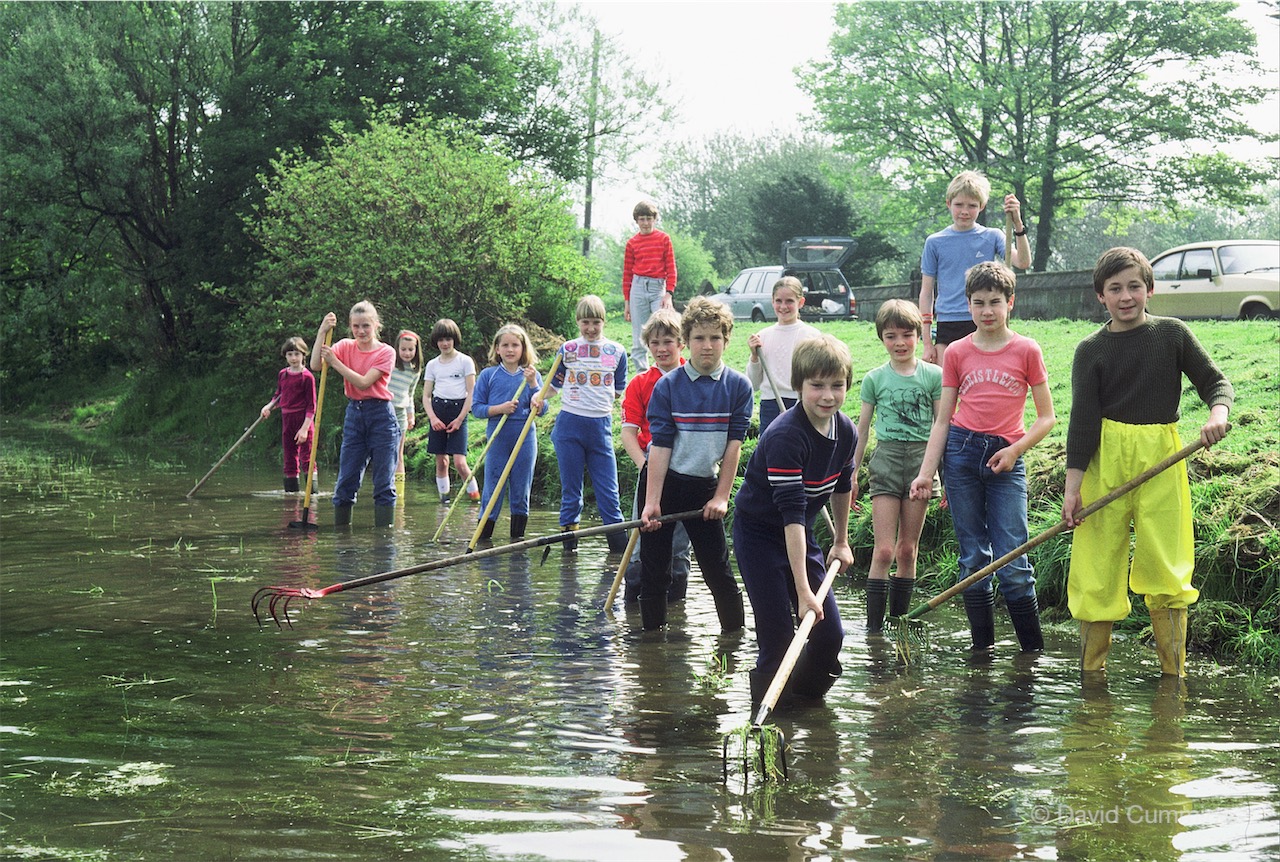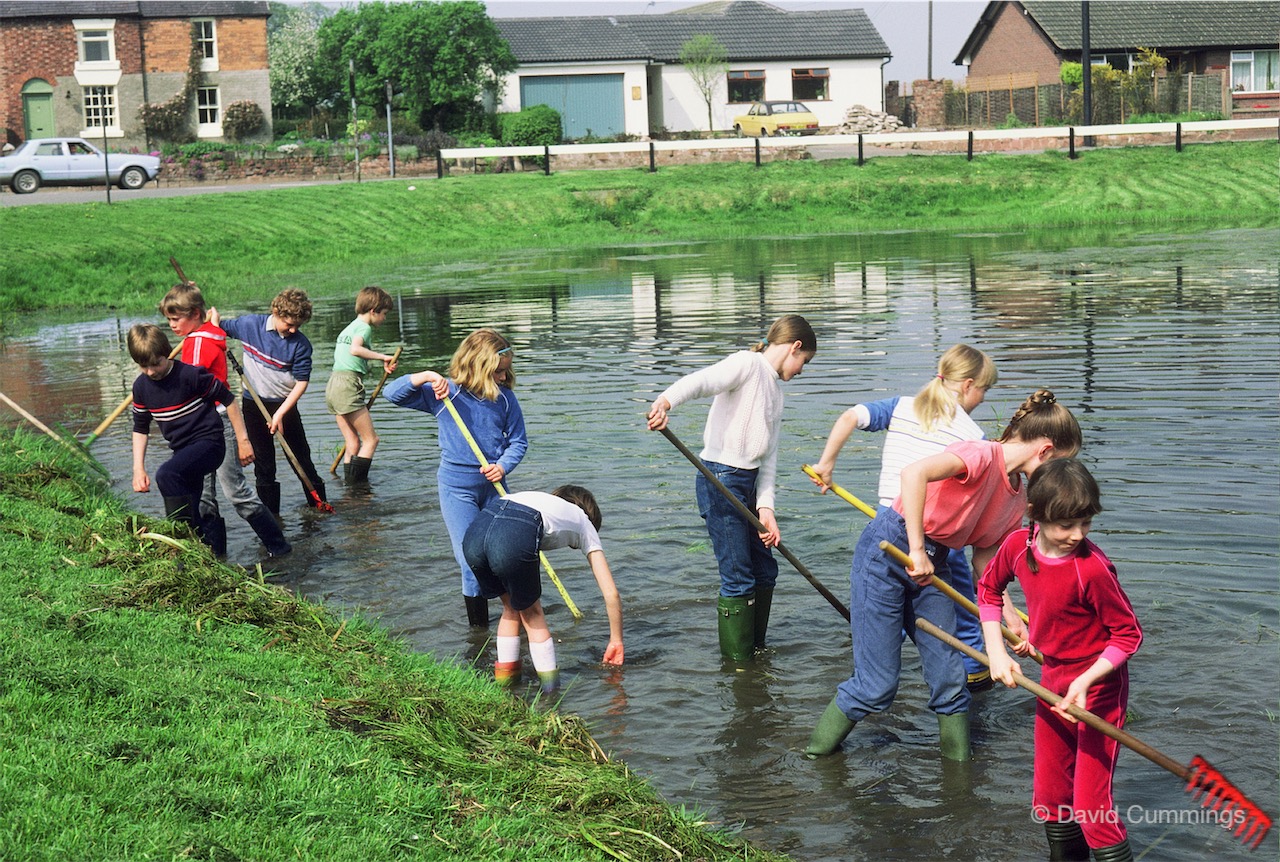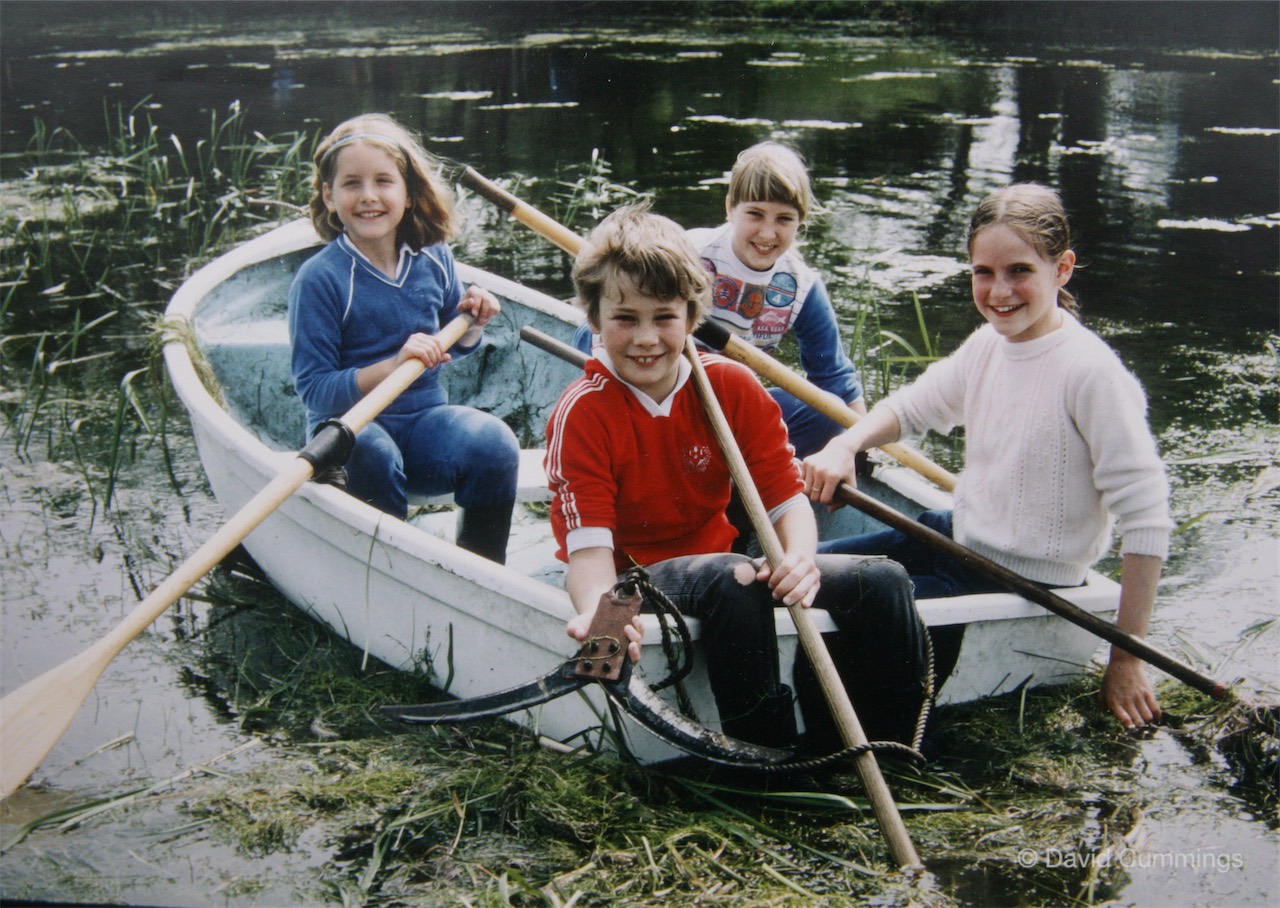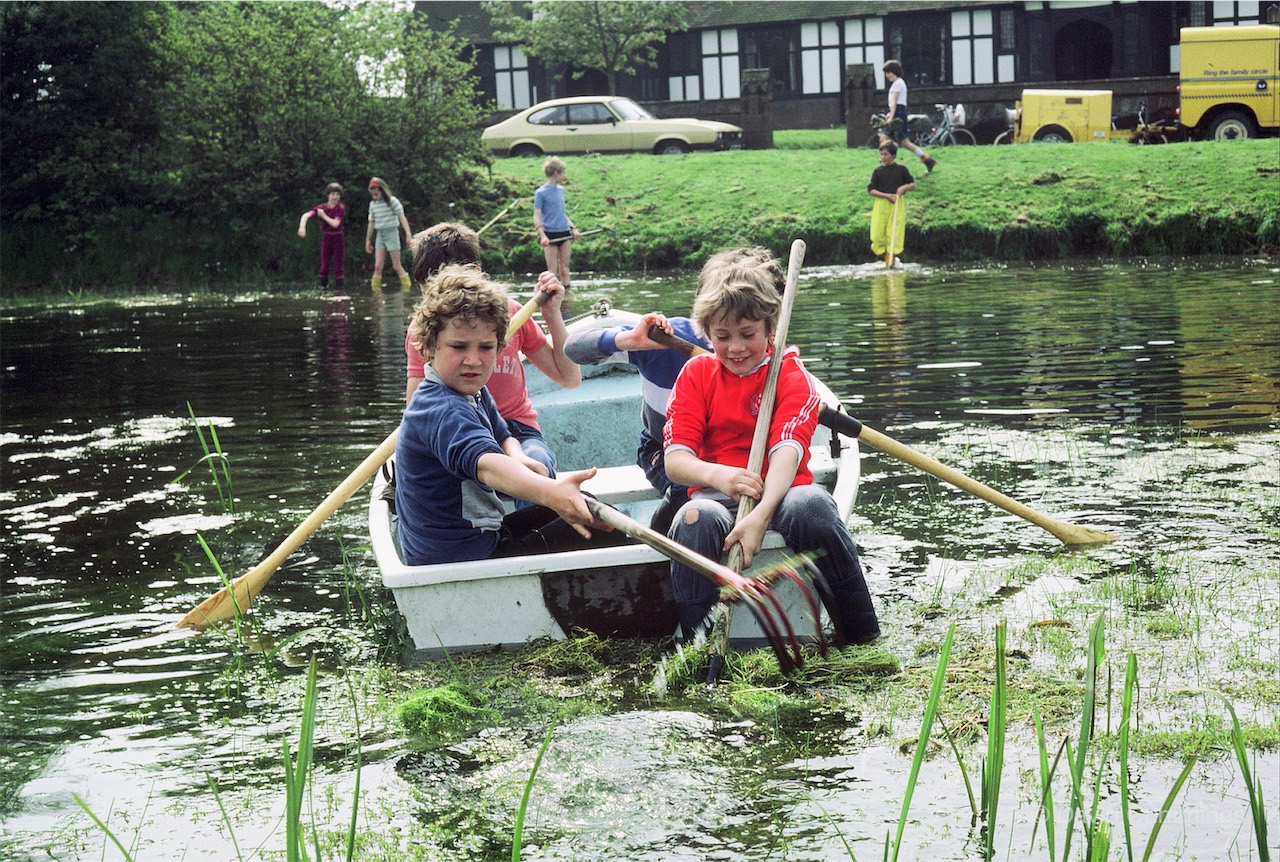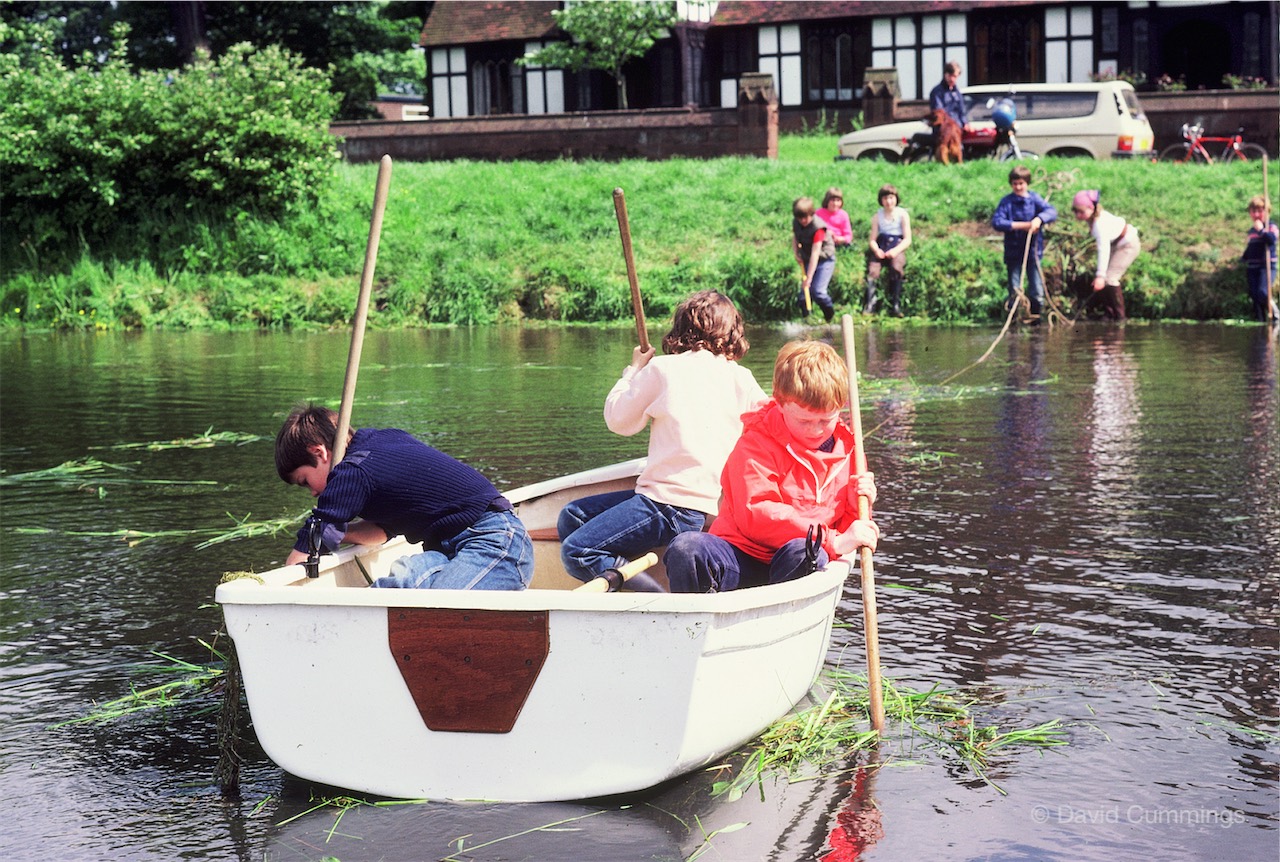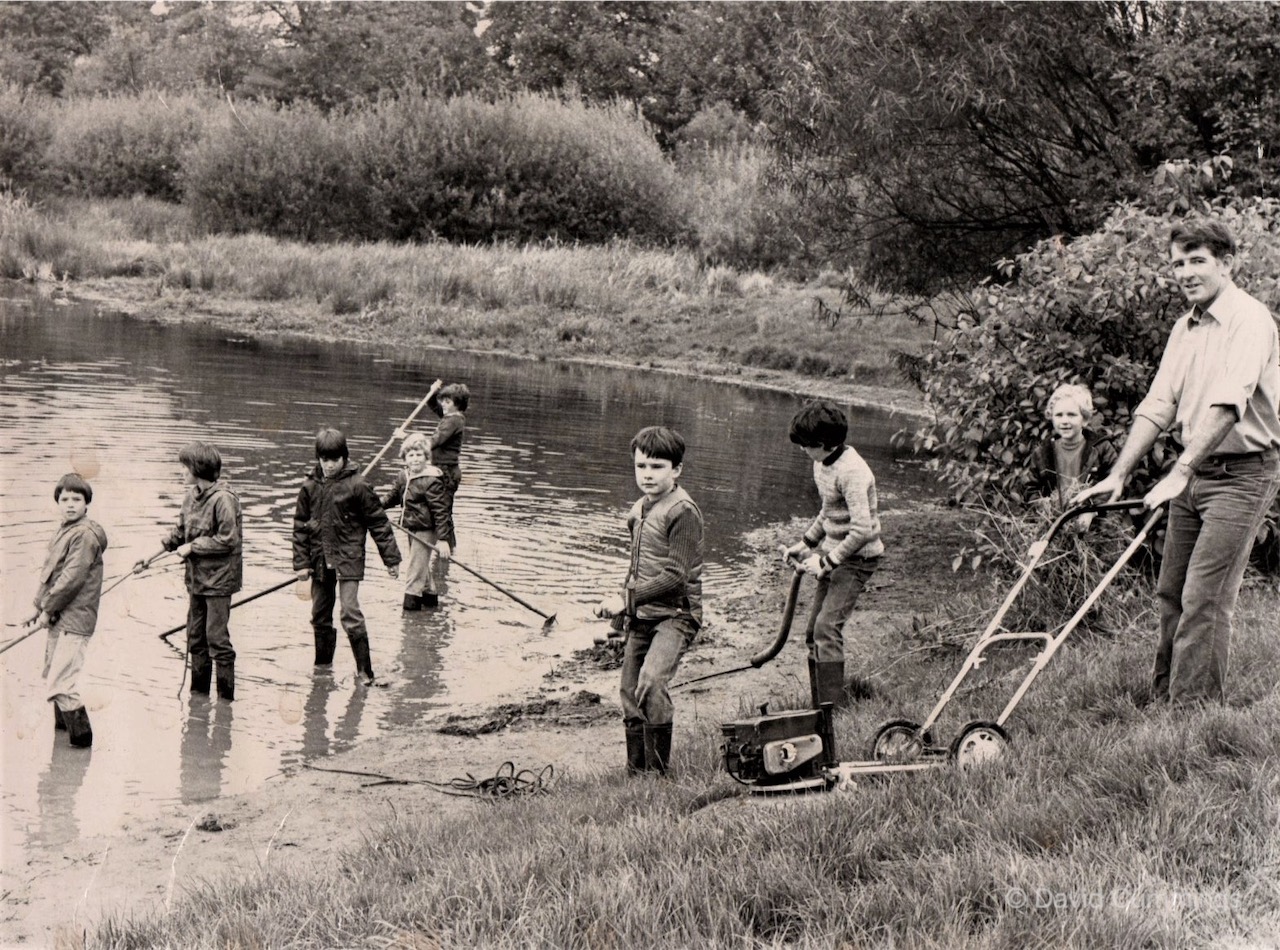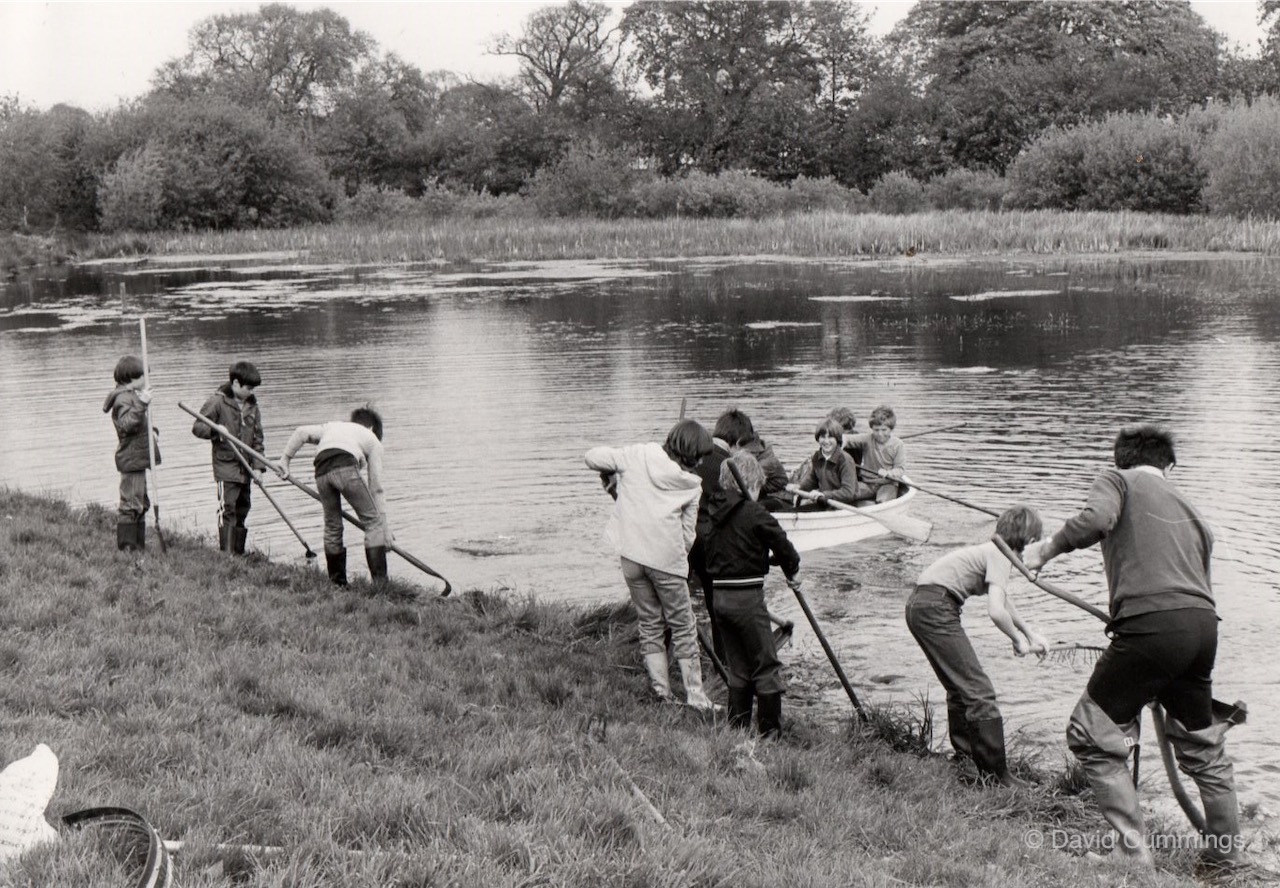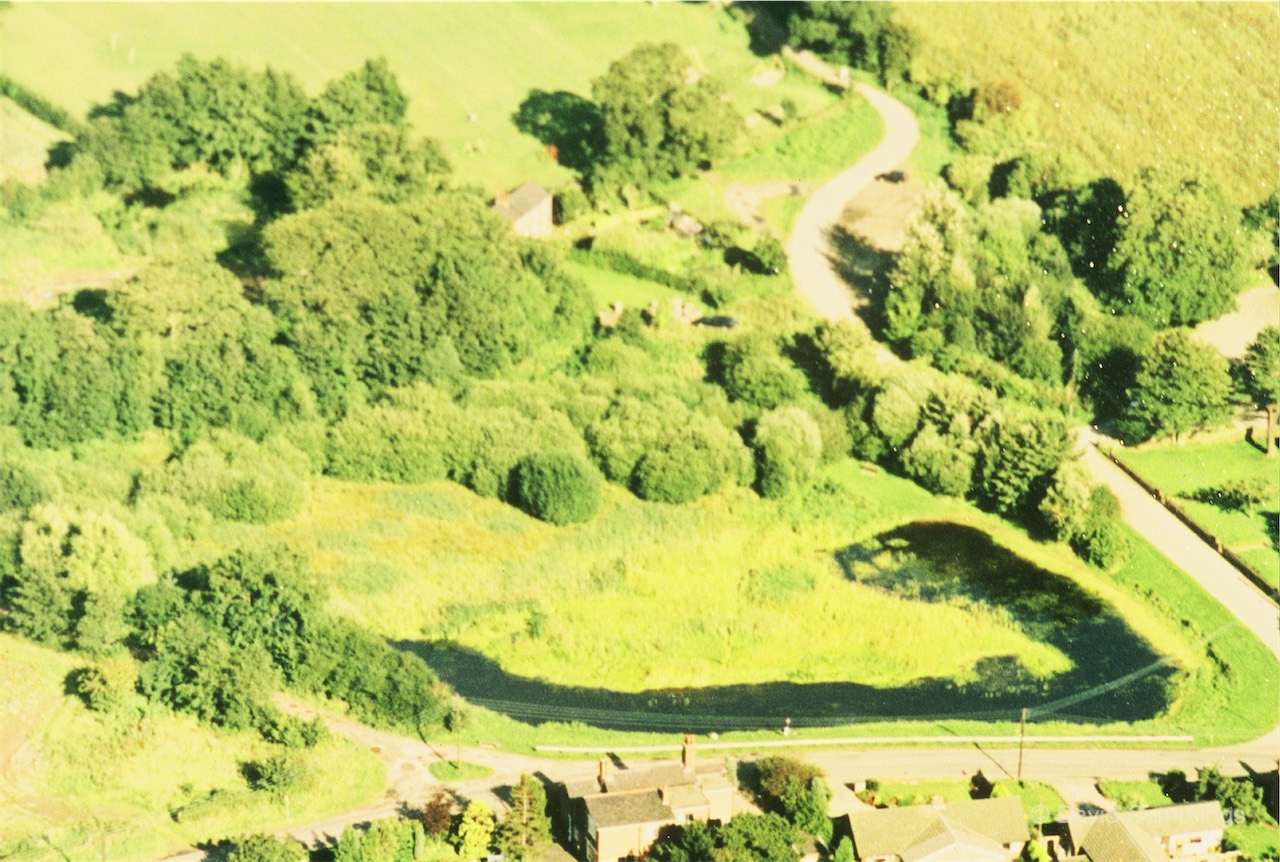THE HISTORY FILE
October - 2022
Conservation of Christleton Pit
by School Children 1974 - 88

BY DAVID CUMMINGS BEM
Last month I published the story of the conservation of Hockenhull Platts Nature Reserve for the then Cheshire Conservation Trust by volunteers in 1972. I had been invited to take part in this work by Dr Anthea Brian & Barbara Redwood. At the same time they had asked me, as a new Headteacher of the Primary School, to involve the children in all aspects of natural history throughout the parish. This was done with great enthusiasm, and the first results of these studies were collected and reported to various authorities, e.g British Trust for Ornithology, Cheshire Conservation Trust records etc. We also began surveying the new school grounds in Quarry Lane, to see what we could find there, but the first practical work was an in depth study of The Pit at Little Heath. This was a prominent feature of the village, but had caused lots of problems for villagers for the previous century at least. It was dependant on rainwater to fill it, as there were no feeder streams, so regular rainfall was essential.
In 1974 the school entered the Daily Telegraph Save the Village Pond Campaign, and produced a very comprehensive study of all aspects of the area, including a geographical survey, map and scale model. The project book written and produced by the children was entered into the competition, and to our great delight won second prize nationally. This resulted in an invitation for a group of children to appear on BBC I TV’s “Animal Magic” from the Natural History Studios in Bristol. What a thrill this was, and as a result, we also had a visit to the new school, by Gerald, the new young Duke of Westminster, and the school’s project was displayed in the newly restored Gamul House in Lower Bridge Street in Chester. This project and subsequent work on restoring the Pit was a wonderful boost for a new school, staff and children, and was highlighted in many national publications and books on conservation.
In 1976 we suffered a severe drought, and after the very long hot summer the Pit dried up almost completely. The following winter was very wet, and the Pit filled up again, so with support from the Parish Council, groups of enthusiastic children accompanied by several mums and dads, began to try to “conserve” the Pit. Friday evenings and Saturday mornings were given up for active conservation, and the children raised funds for practical tools, and even a boat. Villagers were also enthusiastic in their support, and many generous donations of equipment were provided. Local resident Ian McKenzie from Crosswood Nurseries provided 100 saplings for the project. The majority of these have survived, and these now mature trees can be seen all around the Littleheath area, along Littleton Lane and in the Village. The children were also provided with refreshments of crisps, biscuits and drinks by Tony & Pat Gardener from Old Pits Farm. Tony, as Chairman of the Parish Council, l went on to be the first Chairman of the Pit Group.
You can see from the accompanying pictures the efforts the children made. It was a wonderful example of what young people can do given the opportunity, but I doubt in these days of “health & safety” this work could ever be done again. The children tackled everything, and hundreds of them were involved in the project until the mid 1980s when the task became too big, as by then vegetation covered most of the central Pit area, and mechanical help was needed to remove this vegetation. Also we took out the many birch saplings growing on the eastern side, which it is estimated were taking hundreds of litres of water each year. This, together with evaporation was a major issue, and it took a further 20 years before water levels rose to a satisfactory level.
In the past six years the water level has reached record proportions and the overflow pipes have been active all through the winters. In the 1970s Christleton used to get 17 ½ inches (450mm) of rainfall a year. Now it is an average of about 50 inches (1250mm). I’m convinced, myself, that this is a result of global warming, as it is such a dramatic increase. The children are no longer involved in the project, but what they started with great enthusiasm has resulted in Christleton having a very attractive resource, a wonderful facility for everyone to enjoy. I hope you enjoy seeing their work in the accompanying pictures.
LISTEN TO RYAN INSTEAD OF READING

-
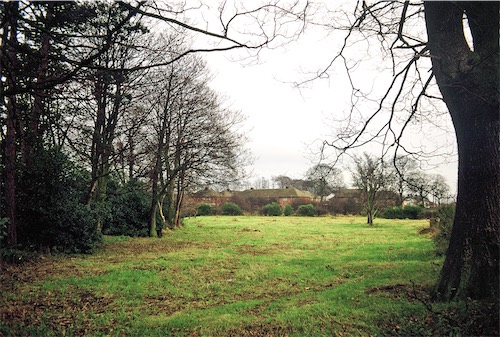
Christleton Primary School 1972
-
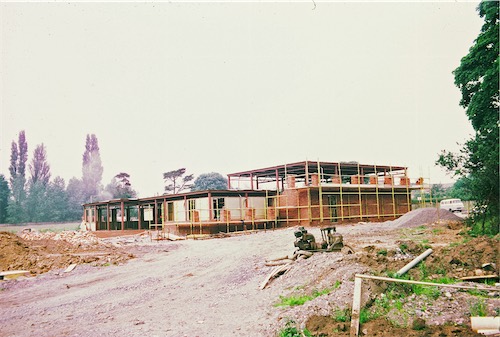
Building Christleton Primary School 1972
-
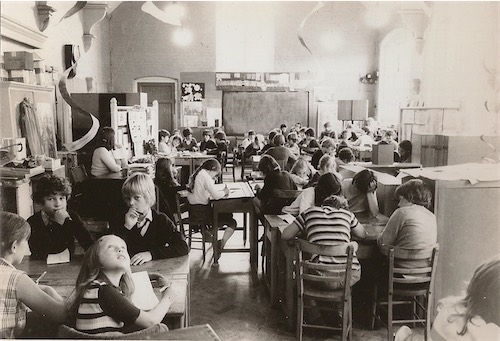
Christleton Junior School 1972
-

Christleton Infants School 1972
-
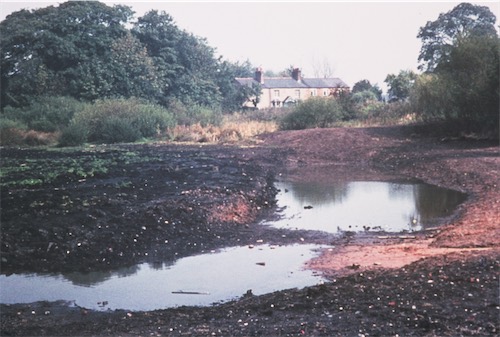
Christleton Pit 1976
-
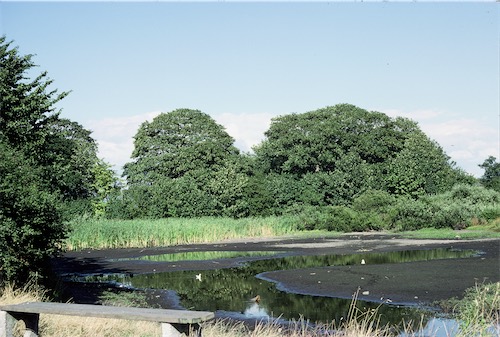
The Pit, Christleton 1976
-
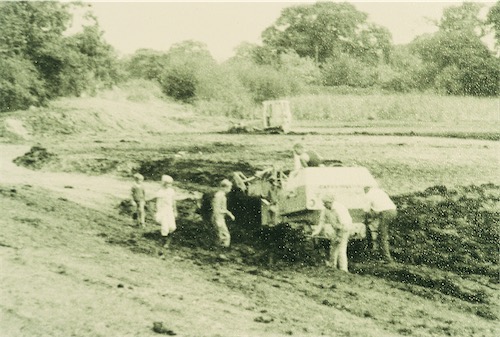
Tractor stuck in the silt at Christleton Pit 1976
-
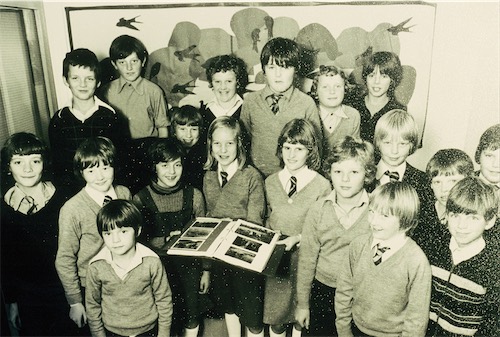
Christleton Primary Project Team 1975
-
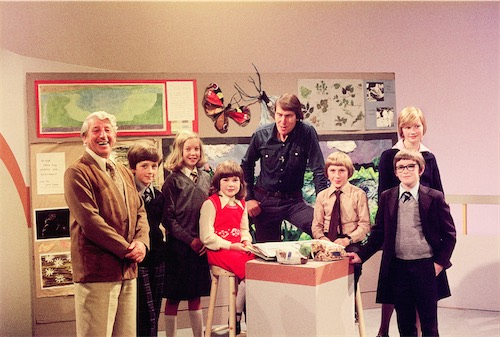
BBC TV Animal Magic 1975
-

Studion at the Natural History Unit in Bristol
-
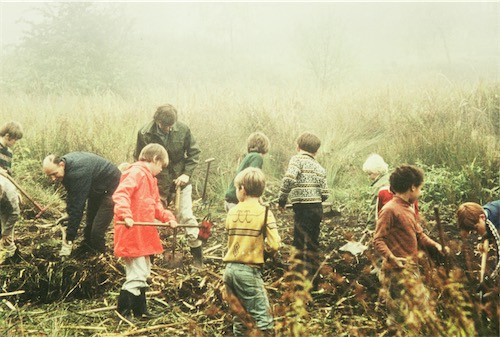
Working Party 1977
-
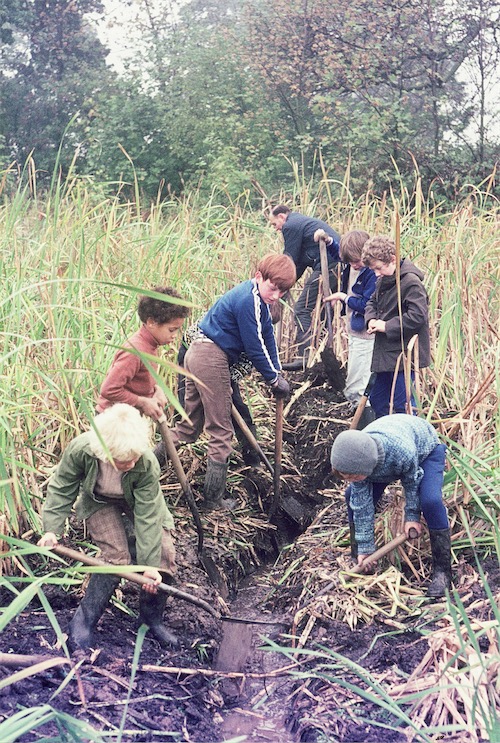
Christleton working party 1977
-
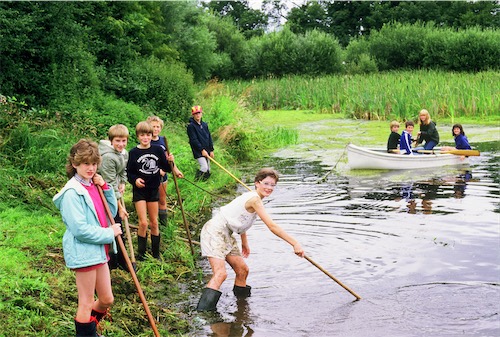
Christleton Pit Project
-
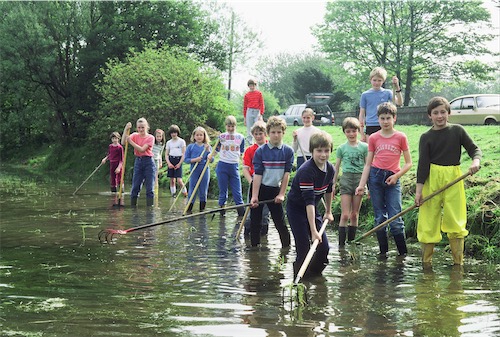
The Pit Project, Christleton
-
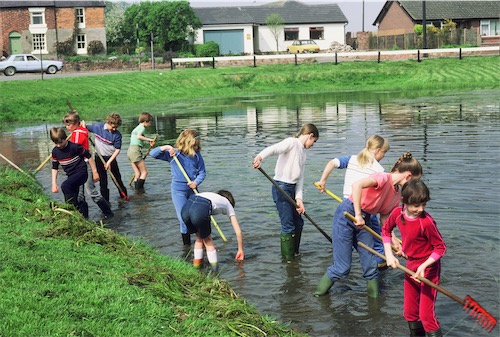
Pit Project, village of Christleton
-
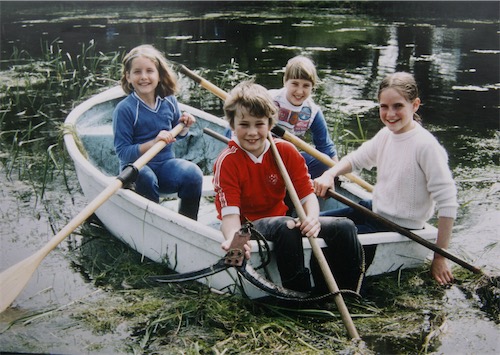
Pit Project Boat
-
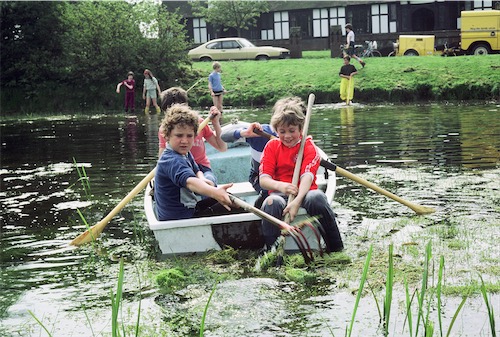
Boat used for the Christleton Pit Project
-
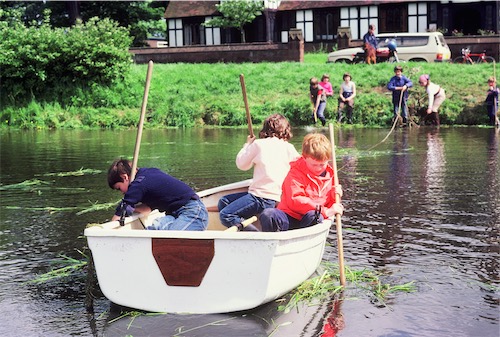
Pit Team at Work
-
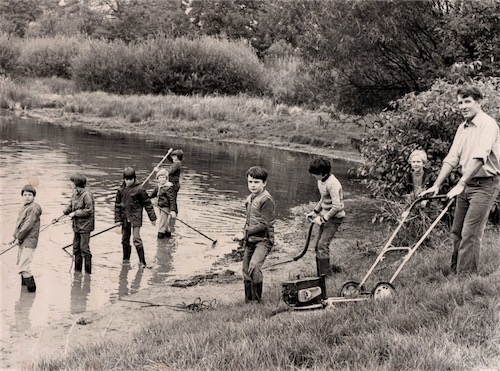
Chester Chronicle Image of the Pit
-
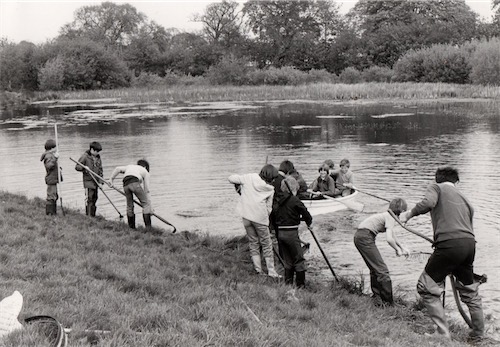
Chester Chronicle Image of Christleton Pit
-
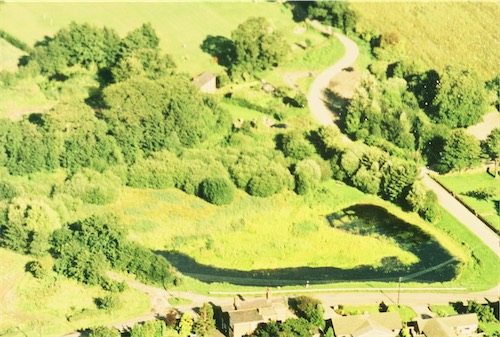
Christleton Pit 1980's
